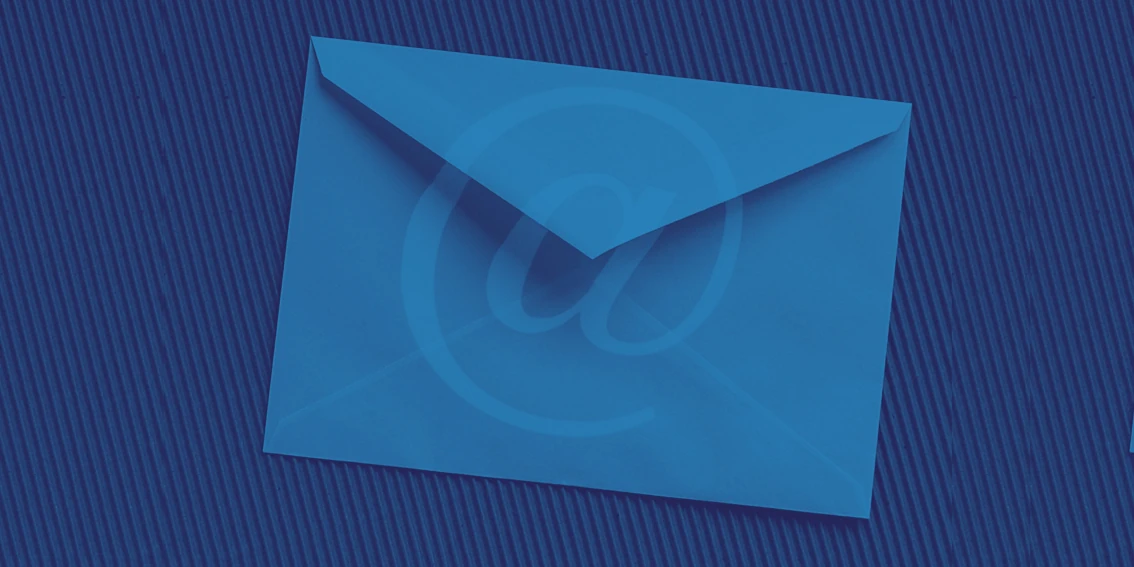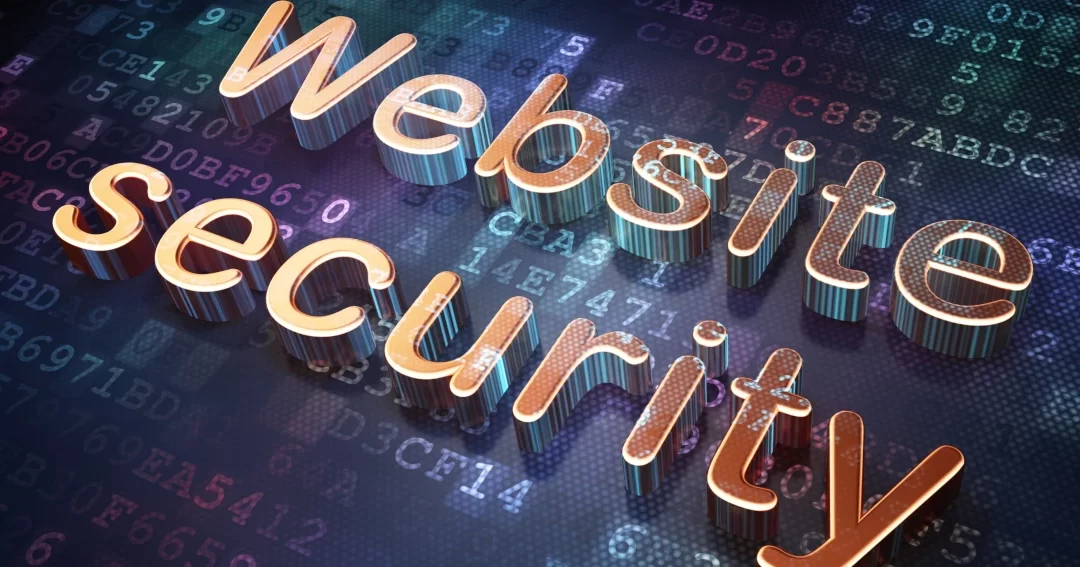In today’s digital age, protecting your website from cyberattacks is crucial for all businesses, big or small. Cyberattacks can lead to data loss, website downtime, and harm your company’s reputation. To help you safeguard your website, we’ve put together these 10 straightforward tips that anyone can understand and implement.
Strong Passwords are Key
Use passphrases that combine 4 random words and add numbers and special characters to comply with password requirements. Avoid using easily guessable information like birthdates, names or “password123.”

Two-Factor Authentication (2FA)
Enable 2FA to add an extra layer of security. It usually involves receiving a code on your mobile device when logging in.
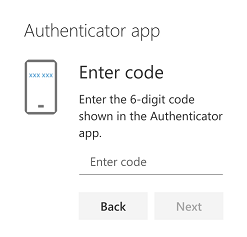
Keep Software Updated
Regularly update your website’s software, including plugins and themes. Hackers often exploit outdated software.
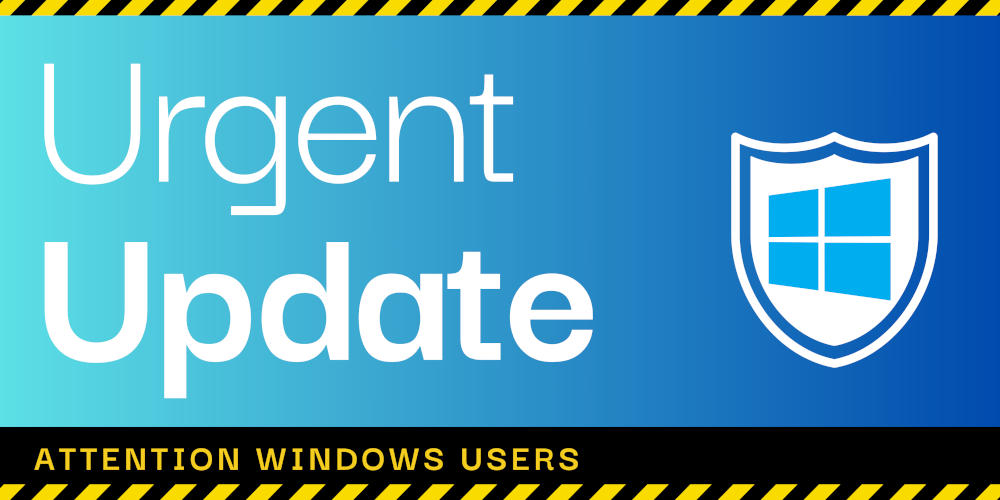
Regular Backups
Back up your website’s data regularly. In case of an attack, you can restore your site to a safe state.
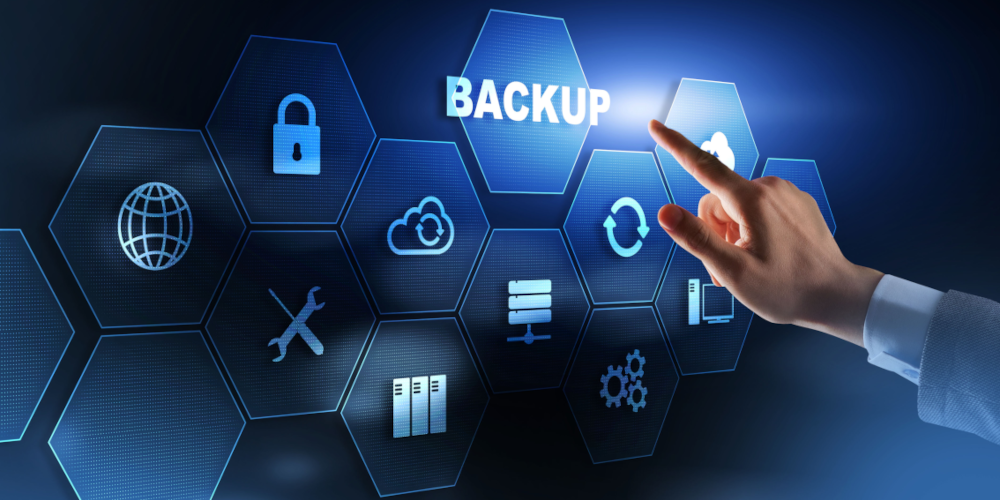
Security Plugins & Extensions

Implement CAPTCHA
CAPTCHA is a simple way to prevent automated bots from accessing your site. Implement CAPTCHA on login forms and contact forms to reduce the risk of unauthorised access and spam.
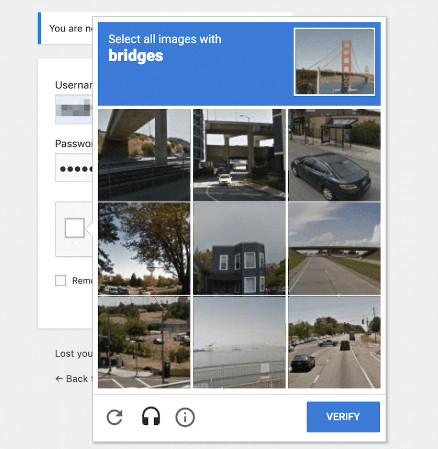
Beware of Suspicious Emails
Be cautious about emails asking for personal information or containing suspicious links. Phishing emails can be harmful.
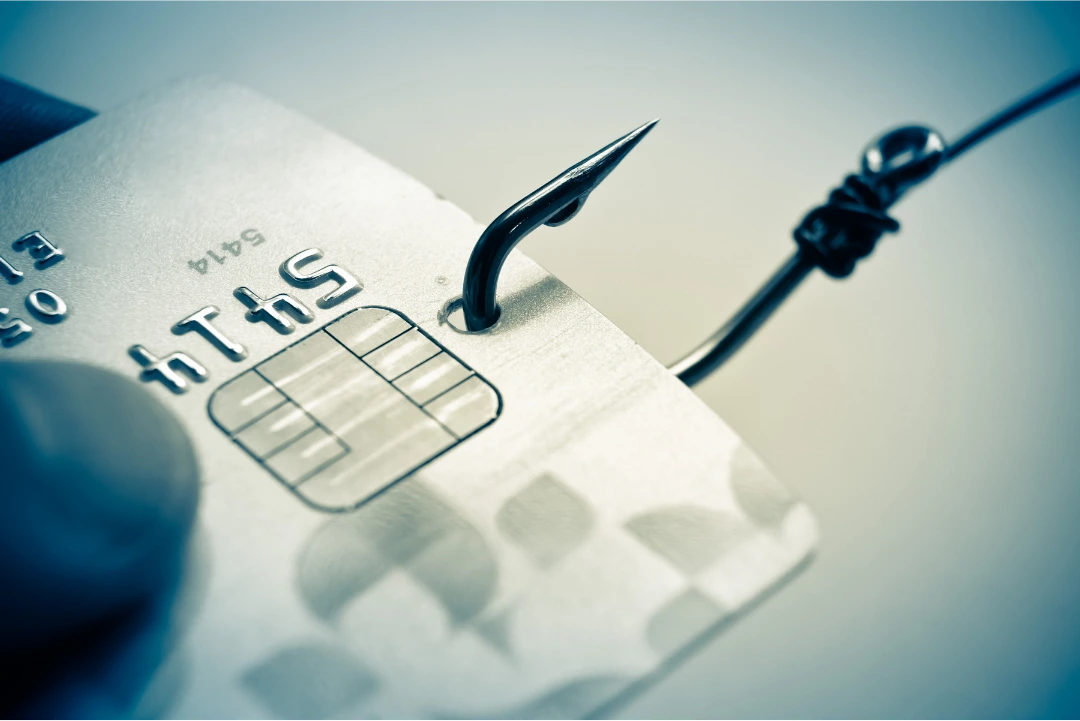
Website Hosting Matters
Choose a reliable hosting provider that offers security features like firewalls and malware scanning.
Regular Security Audits

Stay Informed
Keep yourself updated on the latest cybersecurity threats and best practices. Knowledge is your best defence. Scroll down below this article to subscribe to our community and you will recieve the latest tech news and cyber security advice.
